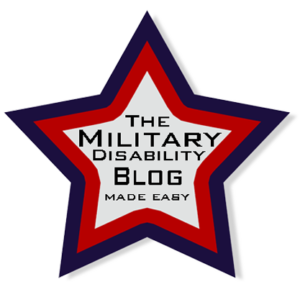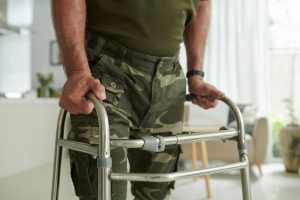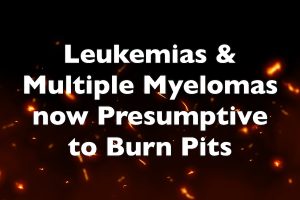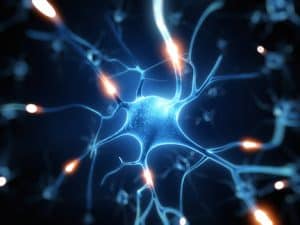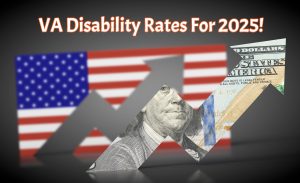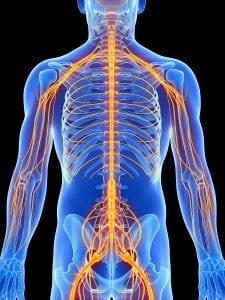On March 20, 2025, we will stop accepting new Military Disability Made Easy subscriptions. For more information about how this change may impact your subscription, click here
PTSD or Moral Injury?
- Published:
- Last Updated: October 4, 2022

From the time of the first conflict, combatants have come away from battle with not only physical but also emotional and mental wounds. Now known as Post Traumatic Stress Syndrome (PTSD), this condition has had many names over the years and medical professionals are continually learning more about how to help those who suffer from PTSD. It is well known that not all veterans diagnosed with PTSD respond well to accepted treatments. Some psychiatrists and mental health professionals feel strongly that the reason for this is that these individuals don’t actually suffer from PTSD, but rather from a condition referred to as “moral injury.”
Moral injury is usually defined as extreme pain or guilt that occurs after an offense to one’s moral self, a sense of destruction of one’s humanity or values and/or a betrayal of one’s sense of right and wrong. While moral injury shares many symptoms with PTSD (suicidal thoughts, agitation, hypervigilance, withdrawal), it differs from PTSD in that PTSD is fear-based, while moral injury is rooted in feelings of guilt and shame. Veterans with moral injury often feel tainted, unable to believe in their own goodness. They withdraw from family and friends because they feel no one can understand or forgive them for what they did – or didn’t do – while at war.
While those suffering from PTSD can benefit from medication and counseling that involves reliving the traumatic event to help them work through their fear, if one feels that their traumatic event was morally or ethically wrong, reliving it may only reinforce their feelings of guilt and shame, leading to self-punishment. Mental health professionals who work with those individuals believe that they need to have an ethical dialogue as well as other types of therapies along with a focus on acceptance and forgiveness, and that only when they learn that what happened does not define who they are does the self-punishment stop.
At this time, there is no formal diagnosis for moral injury and its symptoms are treated as if it were PTSD. It is at the center of a debate among mental health professionals. While many consider it a subset of PTSD, others consider it to be a different mental injury and are pushing for it to be a separate diagnosis. The VA’s National Center for PTSD is researching[LJ1] moral injury and the Navy is experiencing success with a 2-month long residential treatment program.
If you are a veteran who has been diagnosed with PTSD and you feel that the treatments are not helping, you might consider talking with your mental health care provider about moral injury to see if a different approach might help. If you are struggling or feel you are in crisis, help is available. You may call the Veteran’s Crisis Line at 800-273-8255 or call Vets4Warriors at 855-838-8255 for advice from fellow veterans. Both offer 24/7 help.
Recent Posts
TDRL vs. PDRL—Which is better for disability benefits?
February 13, 2025
Leukemias and Multiple Myelomas NOW on the Presumptive List
January 9, 2025
Two MORE Conditions added to the Burn Pit Presumptive List
January 3, 2025
The 2025 VA Disability Rates are here!
December 2, 2024
About Us

